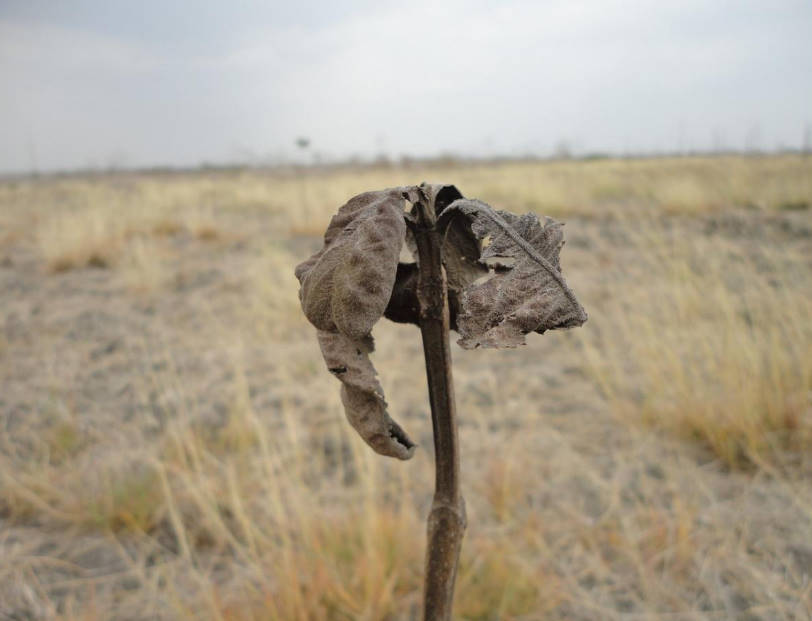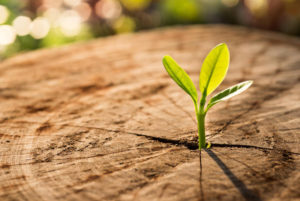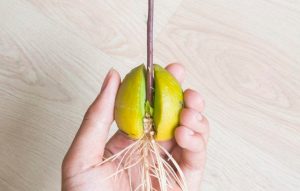
Cartoonist Frank Hubbard said: “Don’t scold the weather – if it didn’t change, nine out of ten wouldn’t be able to start a single conversation.” If you’ve already talked about the vagaries of the weather, there’s another win – win topic to talk about-global warming and climate change-to avoid an awkward pause. Having fully discussed the Paris Agreement on climate and rapidly melting glaciers with the interlocutor, you can safely return to complaining about the weather again – you will not miss.
Global climate change is probably an obvious fact. However, scientists can not yet come to a consensus: weather disasters – is it the work of man or a natural process that periodically comes to our planet? After all, in the ice age and the death of the dinosaurs, people do not seem to be involved.
But, anyway, over the past century, climatologists and meteorologists have noted the melting of glaciers, an increase in average annual temperatures, an increase in the concentration of carbon dioxide in the atmosphere, the oxidation of the world’s oceans and other changes. And forecasters record abnormal cold and droughts, frequent cyclones and hurricanes all over the planet. And predict even more severe weather whims.
Of course, floods, heavy snowfalls and heat waves are unpleasant for people in themselves, not to mention the fact that they lead to economic losses and human casualties. But, in addition, climate change can have a significant impact on the food security of the inhabitants of the planet – because agriculture always depends on the weather.
Coffee, chocolate and mango
The greenhouse effect, which is a consequence of the growing amount of CO2 in the air, warms the atmosphere and oceans. In turn, this causes the melting of icebergs, polar ice, and permafrost. The level of the world’s oceans is rising, which leads to an increase in vapor, and a large amount of steam in the atmosphere, like agrofibre in a greenhouse, further warms the Earth.
These changes will manifest themselves differently in different parts of the world. In the equatorial zone, it will be hotter and drier-the rainforests will start to dry up.

Coffee, chocolate and mango may soon become a rare commodity
For farmers in Costa Rica, India or Ethiopia, times are already hard-the main crops of these regions are already losing their productivity and will soon begin to disappear. And for us, a cup of coffee or chocolate, which is already familiar in the morning, will become an expensive luxury. Or they will be replaced with cheap and low-quality surrogates.
But changes in the agricultural sector will occur not only in hot regions. Relentless scientists say that the United States and European countries, today exporting 150 million tons of wheat a year, in a decade will be forced not to sell, but to buy grain for their own needs, including for animal husbandry. This, of course, will affect the cost of many products-from bread to meat steaks.
In more northern latitudes, the winter will become warmer, and the summer-hotter. It seems that such changes are even for the better for many – in Central Siberia, the average annual temperature, according to scientists, will increase by 5-6 degrees by 2030.
However, there are probably no special advantages in this: the weather will become even more unpredictably changeable. Return frosts-a phenomenon known to most gardeners and gardeners in early summer, will become common in July. That is, in fact, the zone of risky farming will become even more risky.
An increase in humidity will lead to an increase in the number of fungal diseases of plants – powdery mildew, late blight, scab and gray rot will feel more at ease, and new troubles will be added to the already known ones.
Global climate change on the planet is of concern to everyone. If the developing countries that are most dependent on agriculture need to find new ways in their agricultural policies, then all other States will need to change their agricultural strategies. And coffee lovers-now is the time to look at possible substitutes. For example, to “coffee” from the roots of burdock or dandelion.




Leave a Reply